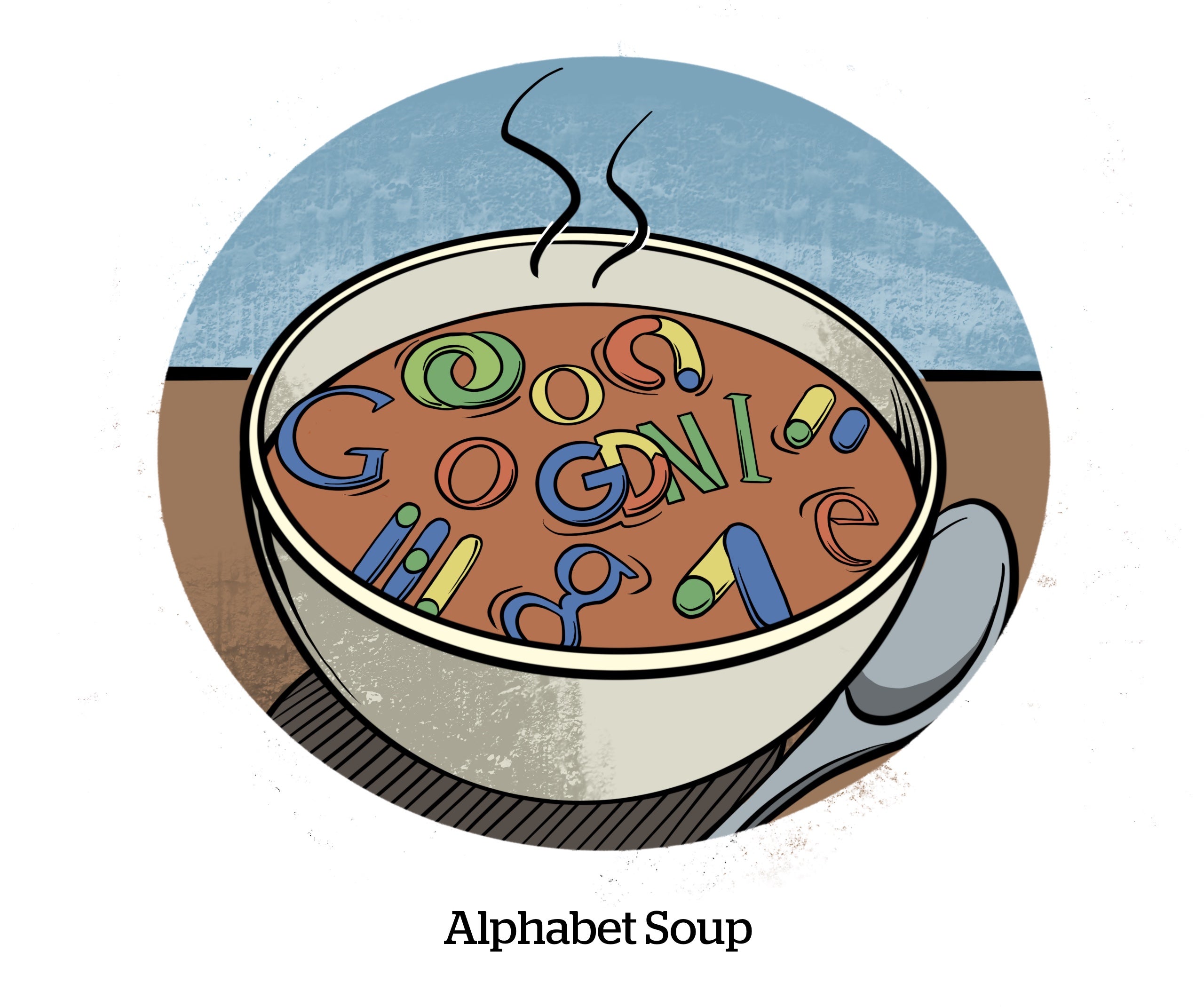The Google antitrust trial is focused on Google’s supply-side business and publisher ad server, which is why the DOJ features relatively few DSPs and buy-side competitors.
However, in the process of the investigation into Google, the Department of Justice unearthed a vast trove of separate evidence. Some of these findings paint a whole new picture of how Google interacts and competes with its main DSP rival, The Trade Desk.
AdExchanger dug out a few morsels of information within the DOJ’s library of documents and exhibits that pertain to TTD, and how Google handled the sudden rise of a buy-side challenger.
The Trade Desk CRO Jed Dederick testified this week at the trial, which included a lengthy discussion with the judge on whether an email could be unsealed as part of the testimony. This coverage is about the publicly available documents.
Exhibit 30: “TLDR – they want a persistent ID”
In 2020, before the first Chrome cookie deprecation delay and before The Trade Desk went full bridge-burner mode on the Privacy Sandbox, TTD floated an idea to Google for a potential device ID passed by the browser in a conversation with Jason Spero, Google’s global head of business sales.
Whether that idea would have passed muster with regulators and consumer privacy watchdogs, we’ll never know. Dave Pickles, then The Trade Desk’s CTO, said to Spero that a device-ID-based system would be an easier sell to regulators. Cookie-based regulation is vague, whereas a device ID the user can opt in or out of ad targeting has clear rules that can be enforced by the FTC.
But within Google, The Trade Desk’s angle boiled down to one fact: “TLDR – they want a persistent ID,” Spero relayed of TTD’s position in an email to other Google Ads product leaders.
From Google’s perspective, this was a poison pill.
How the conversation proceeded between Google and The Trade Desk isn’t in the court docs. However, not long after the email exchange in this exhibit, TTD CEO Jeff Green penned an AdExchanger column in which he complained that Google was misinforming the industry in regard to the long-term viability of persistent third-party IDs like Unified ID 2.0.
Two months after that, Jerry Dischler, then the head honcho of Google’s ads business, published a blog post clarifying that, indeed, Google believed these IDs would not meet new privacy standards.
“Third-party cookies and other proposed identifiers that some in the industry are advocating for do not meet the rising expectations that consumers have when it comes to privacy,” Dischler wrote in May 2021. “They simply cannot be trusted in the long term.”
Exhibit 32: “The PMs at Chrome are drunk with power.”
Not long after the conversation between Pickles and Spero from Exhibit 30, Pickles was back on the horn with Google, this time with Sissie Hsiao, then the VP of Display, Video and App advertising (she now heads up Gemini apps and Google Assistant).
It did not go well.
Hsiao relays Pickles’ feedback to other Googler top brass, including Dischler, Vidhya Srinivasan, who has since replaced Dischler as GM of the entire Ads business, and Mike Schulman, then the GM of Google Ads Privacy and Safety. It is a secondhand set of quotes, since Hsiao is passing along Pickles’ words, which are sometimes paraphrased and sometimes put in quotations, clearly to reinforce when Pickles had used particularly strong language.
“An internet without data exhaust is a radical position to take. Privacy sandbox is saying this,” Hsiao attributes to Pickles.
“I have the power to change the internet and I will reject everything you say,” was Pickles’ perspective on working with the Chrome engineers. “The PMs at Chrome are drunk with power.”
Another juicy quote that Hsiao attributed to Pickles, which is less contentious but shows the efforts both companies made to solicit (or even just understand) Apple’s position on this whole mess: “We hired Apple’s privacy lawyer. He said don’t bother talking with them.”
His final piece of advice: “If you divest DCLK [DoubleClick] then you can do whatever you want on Chrome and O&O without fear of antitrust.”
Document 1243-5: “Pitching against TTD”
In January 2021, Roland Doss, then a competitive intelligence analyst at Google, prepared a report on Google’s DSP and buy-side services losing to The Trade Desk in market, and what could be done to stop those losses.
“In 2020, Google has already lost $510 million to TTD, with another $1.4 billion at risk,” according to the slide.
And another dollar figure with (presumably larger) potential losses in 2021 is redacted.
In a survey conducted of its own customers, Google found that the top reason people were switching was for TTD’s CTV capabilities.
This is an important note, one that was underscored by The Trade Desk CRO Dederick. He said TTD was unable to compete effectively for the display ad market, since Google effectively controlled the SSP and ad server market, and had its own preferred ad network.
In streaming media, Google doesn’t control the market and set the marketplace rules, and so TTD outperforms the Google DSP. Dederick’s point is that Google’s display ad business isn’t superior, but the publisher monopoly prevents real competition.
Google’s customer survey also showed a preference for TTD’s targeting and identity framework, since Google has tougher restrictions on some categories – pharma and gambling are cited – and didn’t allow IP address targeting, as TTD does.
“Google may not be able to address all of these concerns,” per the report. “Some limits on targeting are being looked into to see if they can be updated.”fd

